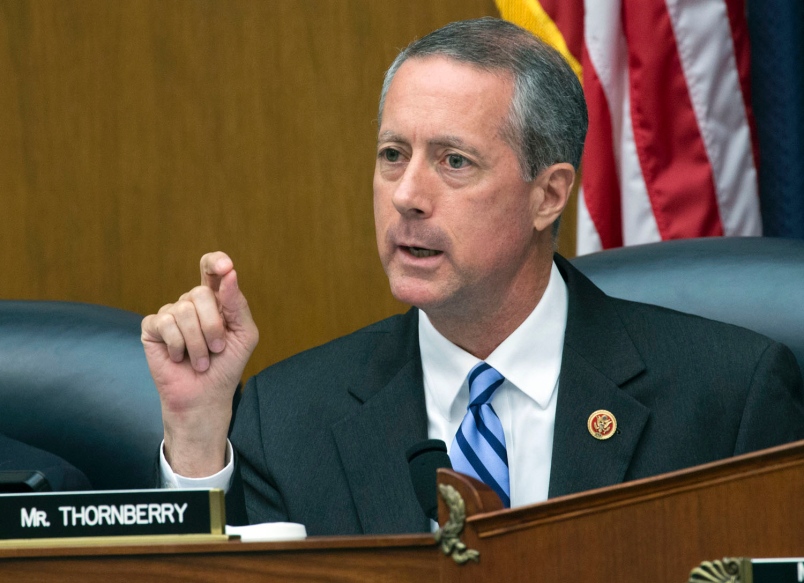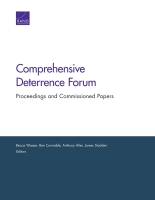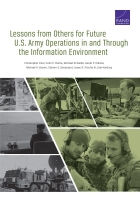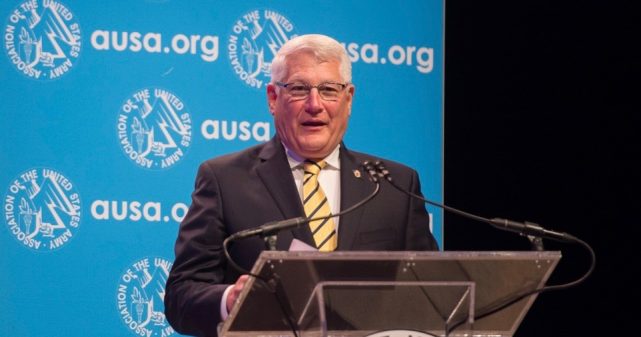Jung H. Pak, Jonathan D. Pollack, Evans J.R. Revere, Robert Einhorn, Ryan Hass, Richard Nephew, Katharine H.S. Moon, Jonathan Stromseth, Michael E. O’Hanlon, Tarun Chhabra, and Jeffrey A. Bader
Jung Pak, SK-Korea Foundation Chair in Korea Studies and Senior Fellow in the Center for East Asia Policy Studies: The Trump administration will probably tout this as a Nobel-worthy effort by President Trump, but the Singapore summit produced little more than frothy statements without substance, with little accountability for Kim Jong-un to cease and dismantle his nuclear weapons program. In the press conference after the summit, Trump could have reinforced the U.S. commitment to our alliances with South Korea and Japan, but instead made gratuitous comments complimenting Kim and touting his trustworthiness, as well as raising the possibility for more give-aways to Kim, such as a visit to the White House. He also criticized U.S.-South Korean military exercises and cast doubt about the future of U.S. troop presence in South Korea. The Trump-Kim meeting started a diplomatic process, but it will be difficult for working-level U.S. officials to build upon North Korean denuclearization on this very shaky and loose foundation. In effect, maximum pressure has morphed into maximum maneuvering space for Kim.








/arc-anglerfish-arc2-prod-mco.s3.amazonaws.com/public/FLOQZPK4LRH65L3WBJHZA7PA64.png)


/arc-anglerfish-arc2-prod-mco.s3.amazonaws.com/public/ZGSBSG2XN5DNZCRZ5TAMOLNH2Q.jpg)





